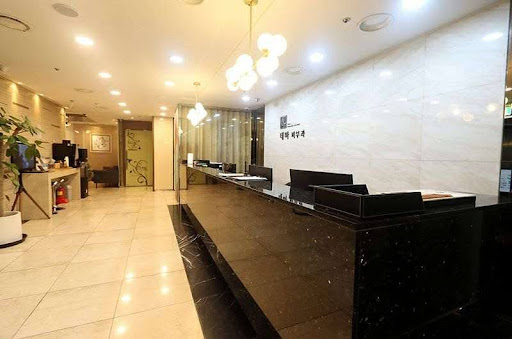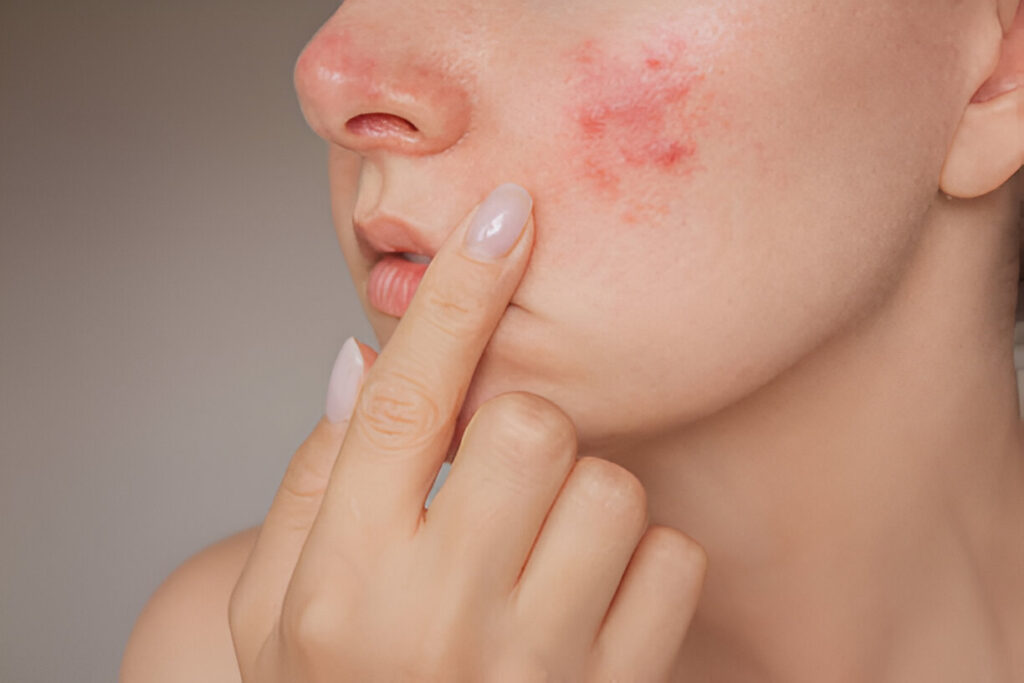One’s self-esteem and general well-being can be greatly impacted by acne, a widespread skin disorder that affects millions of people worldwide. Acne, or acne vulgaris as it is medically known, is a skin condition marked by the emergence of zits, blackheads, whiteheads, cysts, and nodules. It frequently takes place as a result of excessive oil production, blocked pores, germs, and inflammation. Acne is caused and maintained by a number of variables, including hormonal changes, food, genetics, and skincare practices. Discovering the best acne treatment for your skin type, whether you’re a teen or an adult, is essential to getting rid of acne and restoring your confidence.
Types of Acne Removal Treatments
- OTC (over-the-counter) medications
Without a prescription, it is simple to find over-the-counter acne remedies including benzoyl peroxide, salicylic acid, alpha hydroxy acids, and sulfur. The first line of defense against mild to moderate acne is frequently them. Although they are practical and affordable, they might not be strong enough to treat severe acne instances.
- Prescription Topicals
More powerful than over-the-counter remedies, prescription topicals include retinoids, higher benzoyl peroxide concentrations, antibiotics, and drug combos. They can be modified to fit various skin types and acne severity levels and are effective for mild to severe acne.
- Oral Medications
Oral drugs such as antibiotics, hormone therapies, and isotretinoin (Accutane) are recommended for severe, persistent, or cystic acne. Due to possible adverse effects, they need a doctor’s prescription and monitoring yet give systemic treatment and are quite successful.
- Dermatological Procedures
Professionally performed dermatological procedures include everything from chemical peels and microdermabrasion to laser therapy and acne extractions. They deliver quick results and are appropriate for people looking for quick changes, particularly those with moderate to severe acne or scarring.
Procedure of Acne Removal Treatments
Different methods and techniques are used in acne removal treatments to effectively attack acne and encourage cleaner skin. Targeting the underlying causes of acne, such as excessive oil production, inflammation, germs, and clogged pores, is how these therapies normally work. Active chemicals including benzoyl peroxide, salicylic acid, and alpha hydroxy acids are frequently used in over-the-counter treatments to unclog pores, reduce swelling, and get rid of microorganisms that cause acne. Topical medications that require a prescription, such as retinoids and topical antibiotics, offer more potent and specialized treatments.
They function by inhibiting bacterial development, regulating skin cell turnover, and avoiding pore obstructions. Antibiotics and isotretinoin are examples of oral drugs that treat acne from the inside out by addressing hormonal imbalances and lowering inflammation. In order to improve skin texture and lessen acne lesions, dermatological operations like chemical peels, microdermabrasion, and laser therapies exfoliate the skin’s surface, encourage skin renewal, and target bacteria. Professional acne extraction entails carefully removing comedones and cysts to relieve immediate pain and stop additional inflammation. Each operation is customized to the skin type and acne severity of the patient, resulting in a thorough and efficient approach to acne elimination.
Benefits of Acne Removal Treatment
- Clearer Skin
The main advantage is getting clearer, smoother skin by minimizing or getting rid of pimples, blackheads, whiteheads, and acne lesions.
- Greater Confidence
Clearer skin can increase self-esteem and confidence, making people feel more at ease and pleased with how they look.
- Reduced Hyperpigmentation and Scarring
The risk of scarring and hyperpigmentation, frequently side effects of untreated or severe acne, can be reduced with effective acne therapy.
- Avoiding Future Breakouts
Numerous therapies focus on the underlying causes of acne, aiding in the prevention of subsequent outbreaks and preserving long-term skin health.
- Improved Skin Tone and Texture
Some procedures, such as chemical peels and microdermabrasion, can balance out skin tone, enhance skin texture, and lessen roughness.
- Low-Invasive or Non-Invasive
Numerous procedures involve little to no downtime and are either non-invasive or minimally invasive, making them generally painless.
- Advice from a Dermatologist
Dermatologists frequently provide expert advice and a personalized treatment plan during acne consultations to provide the best possible outcomes.
- Possible Long-Term Result
People can have long-term remission from acne and its related issues with persistent therapy and good skincare.
- Combination Treatment Possibilities
By addressing diverse components of acne, combining several therapies can increase effectiveness and produce all-encompassing outcomes.
Why Choose Gangnam Theme Dermatology
With three board-certified dermatologists holding extensive expertise, Gangnam Theme Dermatology is one of the oldest dermatology clinics in Gangnam, Seoul, South Korea. It can be found right between Sinnonhyeon and Gangnam Stations, in the center of the famous Gangnam neighborhood. Over more than 20 years, the clinic cared for patients with various skin issues and types. They can assist you with acne, pigmentation, anti-aging (lifting), scars, and other skin issues. Also, among Korean clients, they are one of the most well-known and trusted skin clinics. The variety of services they offer and their knowledge of skin issues will satisfy you.

Gangnam Theme Dermatology Booking Information
The clinic can be found at 423 Gangnam-daero, Seocho-gu, Hanseung Building, 7th Floor, Seoul, South Korea. To reach out directly, dial +821094839974 on WhatsApp and Kakao. Sending a message to Gangnam Theme Dermatology will allow you to talk about your concerns, make an appointment, or receive an online consultation. Send an email to [email protected]. You can also look through everything and ask questions on the Gangnam Theme Dermatology website by clicking this link: https://themedermatology.com/about-us/.

FAQs
Overproduction of oil, blocked pores, germs, and inflammation are the main contributors to acne. Its development may also be influenced by hormonal changes, food, genetics, and some drugs.
It's important to use caution while combining treatments, especially potent ones, to prevent skin irritation. To guarantee compatibility and efficacy, consulting a dermatologist before utilizing several treatments is advised.
Acne cannot be permanently cured, but with the right management and control, it can be kept under control and leave you with clear skin. For long-term benefits, regular skincare regimes and upkeep are essential.
The length of time it takes to see benefits varies based on the type of treatment and each person's response. While prescription drugs and procedures might take weeks to months to work, over-the-counter therapies can often start to show relief within a few weeks.
Yes, a lot of anti-acne medications can have adverse effects like dryness, redness, inflammation, or heightened sensitivity to sunlight. The degree of side effects varies with the treatment and skin type of the individual.
Conclusion
Finding an effective therapy for acne might be difficult, but there are many choices available, making it possible. Success depends on adjusting the course of therapy to your unique skin type and the severity of your acne. Seeking professional advice before choosing over-the-counter remedies, prescription topicals, oral drugs, or dermatological procedures enables you to make an informed choice and sets you on the path to clearer, healthier skin. Remember that getting acne-free skin is attainable with the appropriate approach and a positive mindset. Patience and persistence are essential.

